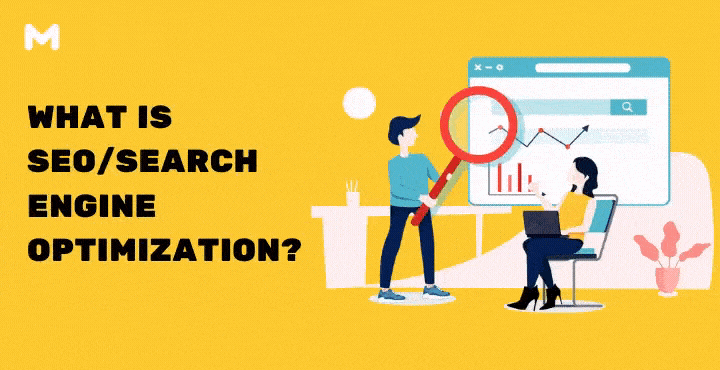Search Engine Optimization (SEO) is a multifaceted strategy in digital marketing which involves developing websites that are easy to categorize and find. In order to achieve finding considerable and potential people who are looking for exactly what you offer, it is important to have a higher ranking in the search engines. Only then you will have qualified traffic for your online business making SEO a fundamental aspect of digital marketing strategies. SEO focuses on optimizing various elements of a website, including content, keywords, meta tags, and backlinks, to make it more visible and appealing to search engines. By understanding how search engine marketing works, businesses can complement their SEO efforts with paid strategies like Pay-Per-Click (PPC) advertising to secure top positions on search engine results pages. Together, these approaches create a powerful synergy that drives both organic and paid traffic, ultimately boosting online visibility and conversions.
SEO: Your Digital Strategy is a Must
SEO provides a website with higher brand credibility. Knowing how your customers find you is a piece of invaluable information, and through implementing data-driven marketing is necessary for growth and longevity. With quality content, you can engage the users and ultimately convert them from a customer into a client, which is why optimizing the contents on the website is a must as well.
Having a data-driven marketing strategy is one of the keys to online business success. Everyday technology improves and new services evolve, and knowing what is out there and how it could benefit you can be critical to your online business. Being progressive with technology will avoid you from getting fewer internet customers and a weak bottom line.
How Does SEO Works?
SEO works through the web search engines when you make use of a Crawler or Spider that crawls the website content. The Web Crawler is a software that browses the World Wide Web in a systematic manner as a basis for web indexing. The crawler doesn’t check every day if a page is updated or if the new page is added. Web crawlers usually copy all the visited pages so that they can be later processed by a search engine.
After crawling the content, the Web Crawler stores a particular page in a database. It consists of all the information on all the web pages or websites that the search engine was able to browse.
There are three types of search algorithms:
- on-site
- off-site
- and whole-site algorithms
Just as the keywords, the search engine algorithms are significant to every search engine. A search engine algorithm consists of a set of rules which is used to define the importance of a web page. These sets of rules pin down whether the web page is genuine or spam and whether it contains relevant content proving useful to the users in order to have a search-engine result page, which is organized and informative.
Once the search engine learns the intended content of the user, it retrieves a group of documents which is relevant to the intended content. The process might be quite complicated with the search extending to different servers and indexes but the simplest way of achieving this is by retrieving a list of existing documents which contain a group of keywords aligning to the core concept of the query.
Mecaca Global Network can help you with all of these things. With our team of experts, we can get your business at the top.

Mecaca Global Network, A Trusted Digital Marketing Agency
Here at Mecaca Global Network Malaysia, providing you crucial knowledge about digital marketing is not only our aim but to help you in using SEO by enabling the appearance of your website in the first listings. You don‘t have to do it blindly because Mecaca Global Network can be a great tool to use in your data-driven marketing strategy. Get in touch with Mecaca Global Network today!


